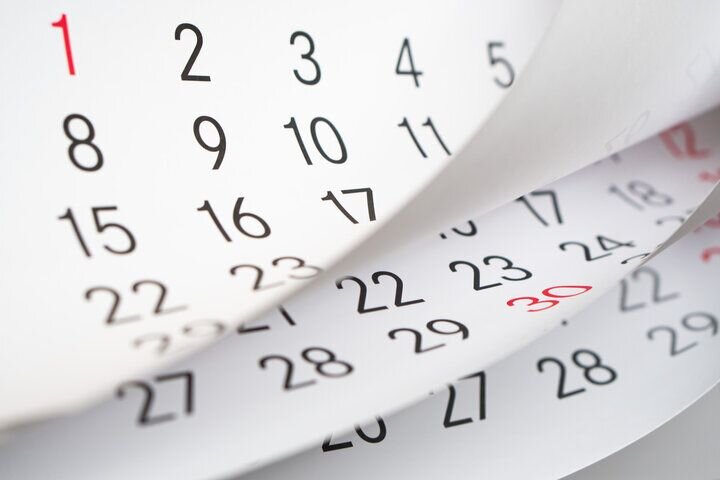|
I have many conversations about cash with clients. Most of them fall into 2 buckets- making sure that cash is available on time and doing it’s job & how to manage surprise money.
Make your cash do its job
Setting up your income to meet your expenses first, then your goals can be harder than it seems, for a number of reasons. To straighten this out, I recommend a few steps:
- Determine your after-tax income- this is the amount that lands in your bank account. Most of us work best with a monthly amount- remember to calculate this monthly amount based on your pay pattern- if you are paid bi-weekly, multiply your after-tax amount by 26, then divide by 12 to arrive at your actual monthly amount.
- Figure out what your fixed costs are- these are costs that occur regularly in a predictable amount- mortgage/rent; car or loan payments; utilities; insurance; subscriptions (Netflix, Apple etc). Include any activities that you or family members have signed up for. This is money that is already spent. This money needs to be available when the payment is due. Subtract this amount from your after-tax income. To avoid taking on debt, your fixed costs should be 60% or lower as a portion of your after-tax income.
- The remaining amount will meet your variable costs- these costs also occur regularly, but in unpredictable amounts, sometimes at uncertain intervals. You also may be able to control these costs better than your fixed costs- you may be able to decrease your grocery bill, adjust your car gas usage, change your clothing purchases. You still need to make these purchases, but they are different than your fixed costs.
For more information and some excellent stories on how this can work in practice, see Worry Free Money or Living Debt Free by Shannon Lee Simmons.
Why I don't often recommend using your RSP money for the First Time Homebuyers Plan:
In my experience, buyers don’t factor the re-payment amounts into their fixed costs after the house purchase. It often significantly slows down saving for retirement. Some clients have a long time gap between the house purchase and re-starting RSP savings. Clients who have used the First time Homebuyers option often struggle with income & expense management for years after the house purchase. There’s an art and a science to how I advise clients- this is on the art side- I can’t tell you why for sure, but those who withdraw RSP money to purchase a house don’t often build financial stability and net worth the same way as clients who don’t use this option.
Options for Surprise Money
Have more money in your bank account than you expected from a tax return, gift, settlement payment? How do you choose the best way to use that money?
- Prioritize your goals- sometimes the best option for surprise money is to do something fun with it.
- Look at your personal tolerance (do you hate debt? Feel better when either your emergency fund or investment balances are higher?) and your personal risk (don’t have an emergency fund, and you just started your own business? Have a high debt load?)
- Do the actual math- know how each option affects your present and future before you make a choice.
Surprised by how much money you have?
This happens when you have significantly higher income than expenses; you have received gifts/ inheritance money/ large settlement. There can be shame and uncertainty associated with both high income and high net worth. If that is an issue for you, acknowledging that and working with an advisor who understands that is important. If you don’t, you will continue to be stuck in a place that you are uncomfortable and you’re not using the money in a way that is beneficial to you or others. Working through the steps below will help to make decisions:
- Prioritize your goals
- Do the actual math
- Do the thing- whatever you’ve decided to do, go ahead and do it
|
